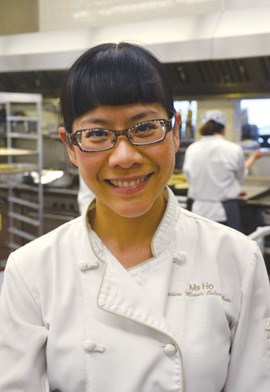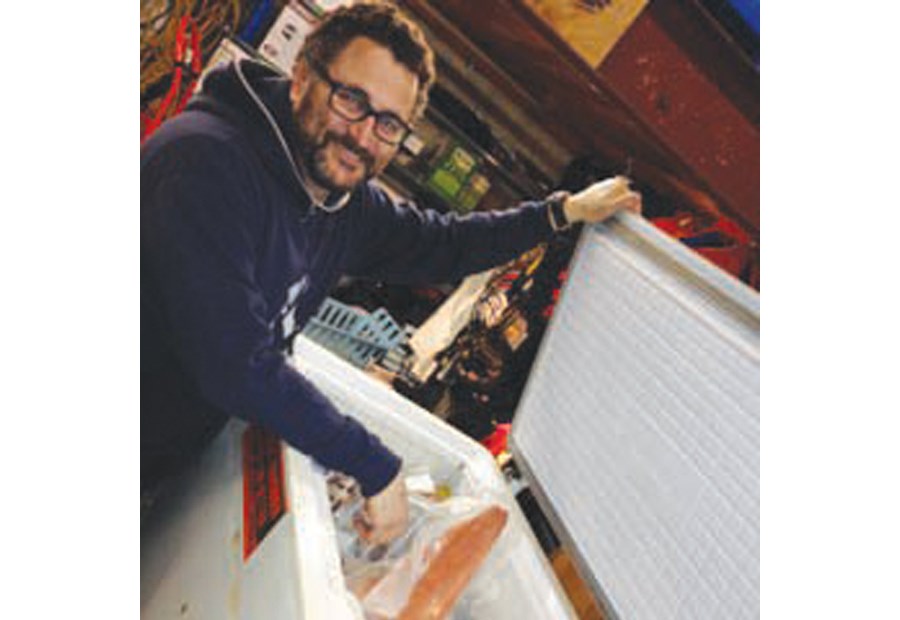
As you may recall, last summer, I wrote about CSA (Community Supported Agriculture) and how this model of farming connects consumers directly with farmers.
It provides farmers with timely working capital, a secure market for their produce, and a way of sharing the inherent risks involved in farming. In turn, it gives shareholders a season’s supply of fresh, affordable, local, sustainably-produced food, as well as a meaningful connection to farmers, the local community, and the land.
I was chatting with a colleague last month and discovered he participated in a CSF (Community Supported Fishery) and loves it. Skipper Otto’s CSF links local fishermen to consumers, forging a partnership that helps protect ocean resources while providing consumers with wild, fairly-traded, Ocean Wise seafood.
Otto Strobel, the primary fisherman in the CSF, has been fishing the B.C. coast since 1969. Over time, with the rise of big business seine fleets and aquaculture, the number of independent fisherman has rapidly declined, and so have the low-impact practices that Strobel and his forefathers relied upon.
Last week, I met up with Otto’s son, Shaun Strobel, to find out more about the business. Since he was seven, whenever Shaun wasn’t in school, he was out fishing. He shares his father’s salmon gillnetter, Omega V.
In 2008. Shaun and his wife Sonia started Skipper Otto’s CSF to enable Otto and a few of the hold-out independents to continue doing what they love. Skipper Otto’s CSF was the first of its kind in Canada and second in the world. It provides seafood to conscientious consumers in B.C., Alberta and Saskatchewan.
In determining a model that would work best for all stakeholders, the Strobels went with a flexible, buy-down system in which members buy shares at the beginning of the season in the denominations of their choice. Throughout the season, they receive email pick-up notifications and can pick up what they like, when they like. The beauty of this system is that members are never stuck with seafood items they don’t want, and if more seafood is desired later in the season, they can simply top-up their account.
Skipper Otto’s CSF started with 40 members and two fishermen and by last year, there were more than 1,200 members and the business has grown to support 15 fisherman, offering whole or filleted salmon, sashimi grade tuna loin, halibut fillets, spot prawns, side striped shrimp, fresh and frozen Dungeness crabs, salmon lox, and a variety of smoked/candied salmon as well as canned salmon.
Strobel said, all the processing is done in Richmond by Rumi Hokubay and her small crew of multi-generational, traditional Japanese fish cutters, and Leader Cold Storage on Viking Way stores the products.
Members can pick up seafood regularly from January through December at Fisherman’s Wharf on Granville Island, as well as at farmer’s markets and other locations in Vancouver and Burnaby.
As well, members have access to different seafood workshops and interactive classes that teach how to fillet, can, or smoke fish. Additionally, a UBC grant has enabled Skipper Otto’s CSF to build a community library to enable members to process and preserve their own seafood. Members may borrow any of the following items free of charge for one week: Mirro 22 quart pressure canners, small Little Chief electric home smokers, propane smokers, a Cuisinart electric home smoker, or a vacuum sealer.
Registration for the 2015 season is available online. In addition to the share cost (which starts at $100/share), there is a $68 membership fee. To find out more check out skipperotto.ca.
Dora Ho is a culinary arts teacher at McNair Secondary.



